I have against me the bourgeois, the military and the diplomats, and for me, only the people who take the Metro
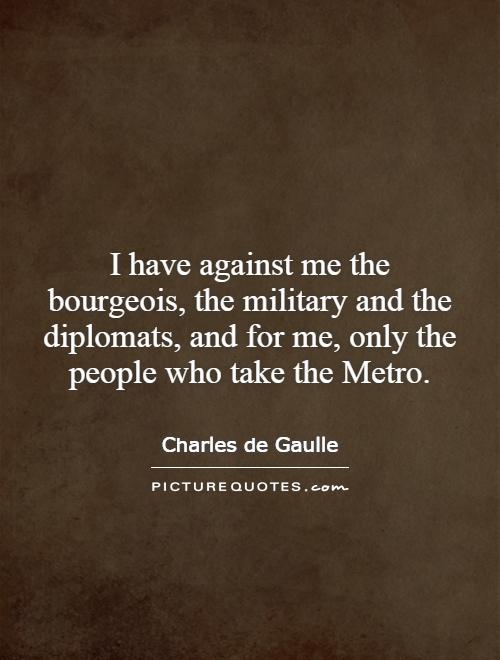
I have against me the bourgeois, the military and the diplomats, and for me, only the people who take the Metro
Charles de Gaulle, the iconic French general and statesman, was a man who often found himself at odds with the establishment. His famous quote, "I have against me the bourgeois, the military and the diplomats, and for me, only the people who take the Metro," perfectly encapsulates his outsider status and his deep connection with the common people.De Gaulle's disdain for the bourgeois, the military, and the diplomats was rooted in his belief that they were out of touch with the needs and desires of the average French citizen. The bourgeois, or the upper middle class, were seen as self-serving and disconnected from the struggles of the working class. The military, with its rigid hierarchy and adherence to tradition, was viewed as a barrier to progress and reform. And the diplomats, with their focus on maintaining the status quo and appeasing foreign powers, were seen as lacking in vision and courage.
In contrast, de Gaulle found his true allies among the people who rode the Metro, the underground railway system that connected the diverse neighborhoods of Paris. These were the ordinary men and women who worked hard, struggled to make ends meet, and dreamed of a better future for themselves and their families. De Gaulle saw in them a resilience, a spirit of solidarity, and a willingness to fight for what they believed in.
Throughout his career, de Gaulle sought to bridge the gap between the elite and the common people, to bring about a more just and equitable society. He championed social and economic reforms that benefited the working class, promoted French nationalism and independence, and stood up to foreign powers that sought to undermine France's sovereignty.
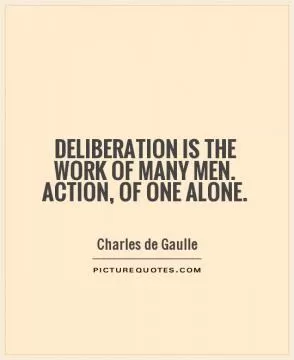
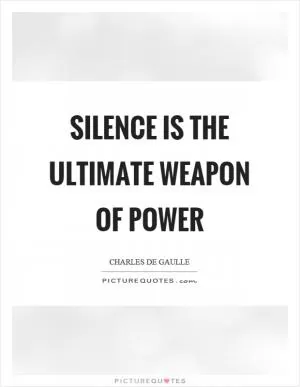
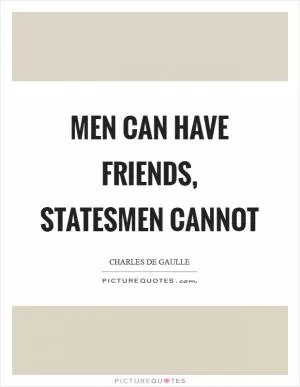
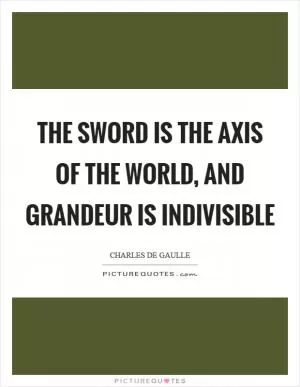
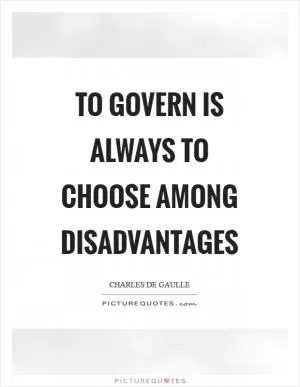
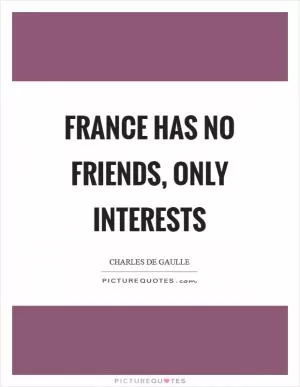
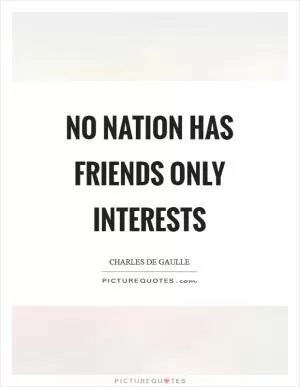
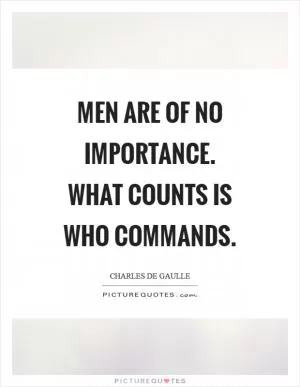
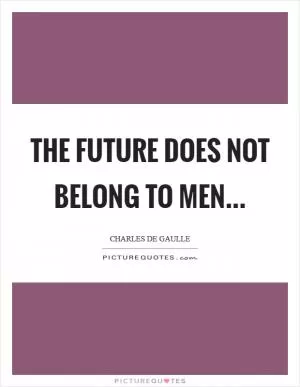

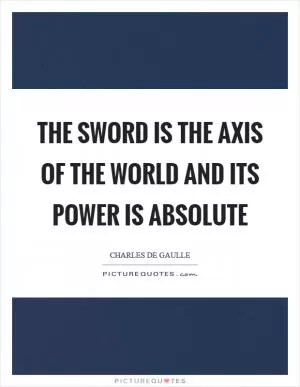
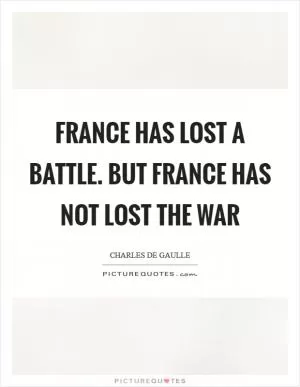
 Friendship Quotes
Friendship Quotes Love Quotes
Love Quotes Life Quotes
Life Quotes Funny Quotes
Funny Quotes Motivational Quotes
Motivational Quotes Inspirational Quotes
Inspirational Quotes